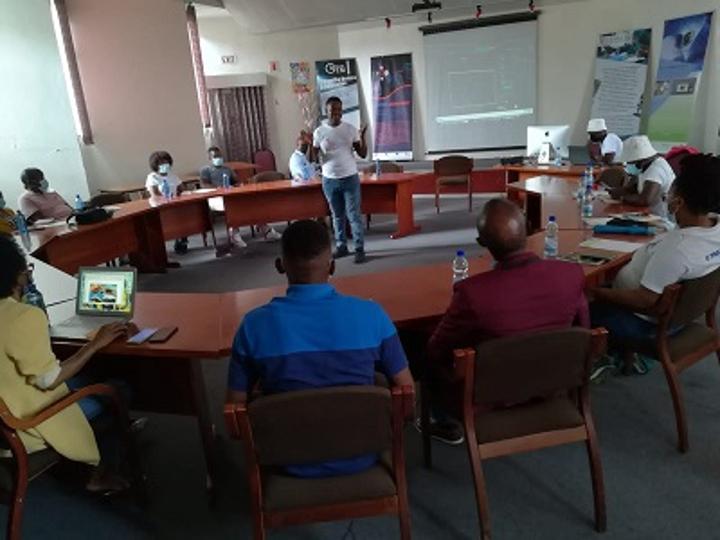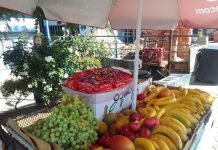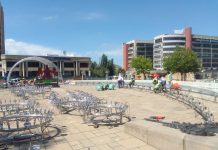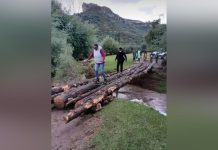Africa-Press – Lesotho. The United Nations Educational, Scientific and Cultural Organization (UNESCO) – Science and Mathematics Educators Federation Educators (SMEF) held stakeholder consultative forum on
the proposed Lesotho digital library on Friday. The dialogue involved professional representatives from the State Library, National University of Lesotho (NUL), Ministry of
Education and Training (MoET), Department of Science and Technology and the media practitioners. According to the UNESCO-SMEF briefing, this initiative is meant to pave way for the commencement of the project,
which strives to enable learning and reinforce access to learning materials like e-books. It stated that the Lesotho Digital Library project aims at digitally preserving all the significant literature,
artistic and scientific works of people and make it freely available to anyone, anytime, from any corner of the world by 2040. UNESCO-SMEF Deputy Chairperson Phakamile
Qengwane told the media that they need to have a common vision as the federation of educators and identify the stakeholders to take part in this project for its sustainability.
“The challenge we have observed, which inspired initiation of this project is that 70% of librarians here share personality as
they hate library ethics and do not actively encourage a reading culture. Also, when a child at home is given a book and a gadget to read from, it turns to
have much more interest on reading the gadget over a book,” Qengwane said. He said there is also a divide in terms of physical access to libraries, especially for rural communities which
lack facilities for access to library content. He said even in the libraries, there are certain books that are not able to trace back the authors, when
others are misplaced, “Yet when database of books and authors is digital, efficient and up to date, we can have a little better,” he said. Qengwane said
they are willing to provide a system that will also record readership of e-books, for readers to easily trace their relevance. “This will also enhance the performance of the
institutions, library and track users. We believe that this project is going to act as a stimulator for new authors so when the system is up to date when it
comes to usage of books we think it will open up to new players in the sector,” he said Qengwane noted that the most important thing is that they are currently undergoing legal consultation
regarding institutionalizing Lesotho Digital Library so that there will be sustainability vested on certain individuals or institutions to play their responsibility towards ensuring that this project is sustainable.
On the other hand, the State Library Director Motlalepula Lethibelane said indeed there are different types of libraries and the national library is the one responsible for all books written
by Basotho or about Lesotho, saying the state library started some time ago to digitalize. “We have a system in place which may sound like you duplicated the
efforts, you were supposed to come and complement us not to start afresh. Therefore I think we had to sit down and talk before, for us to guide you through the
process,” he added. UNESCO Program Coordinator ‘Mako Matšela appreciated the efforts by all stakeholders, saying, “It is only that there is a few discrepancies that need to be addressed whether legal or
professional aspects. Let me assure you that we will sit down with them and try to address those discrepancies you have mentioned. They have been noted down,” he said.
For More News And Analysis About Lesotho Follow Africa-Press






